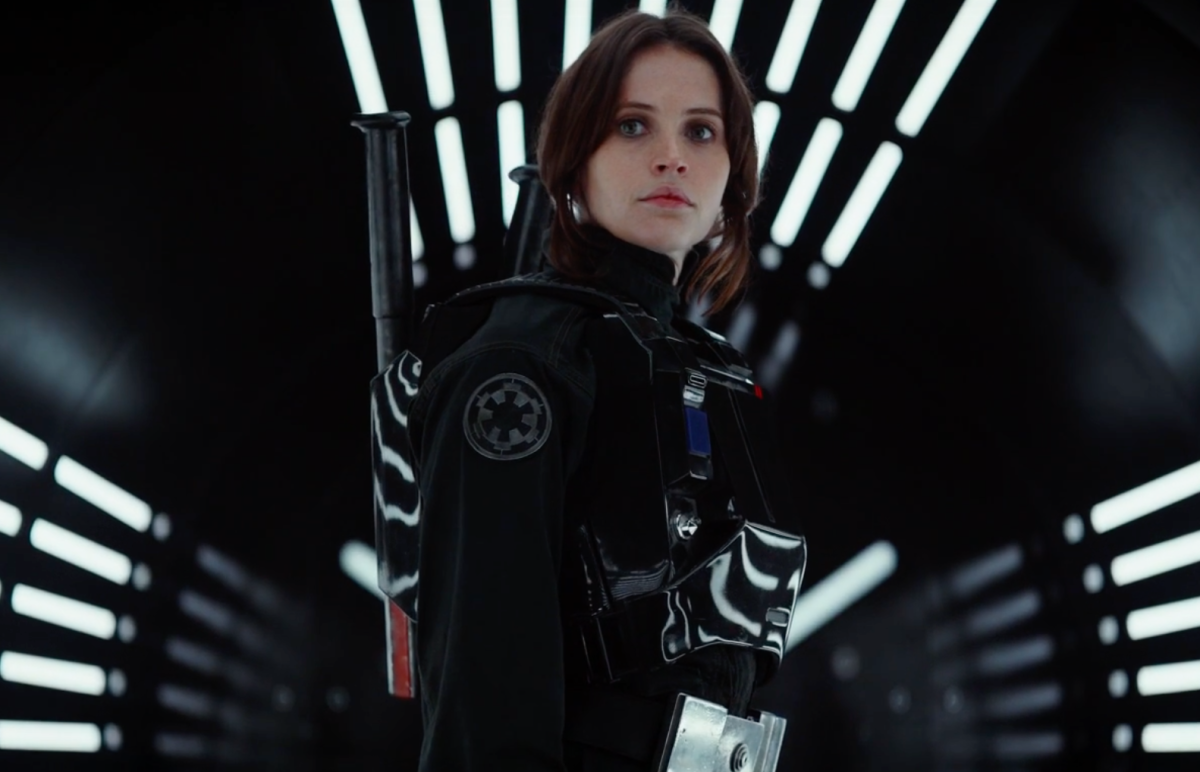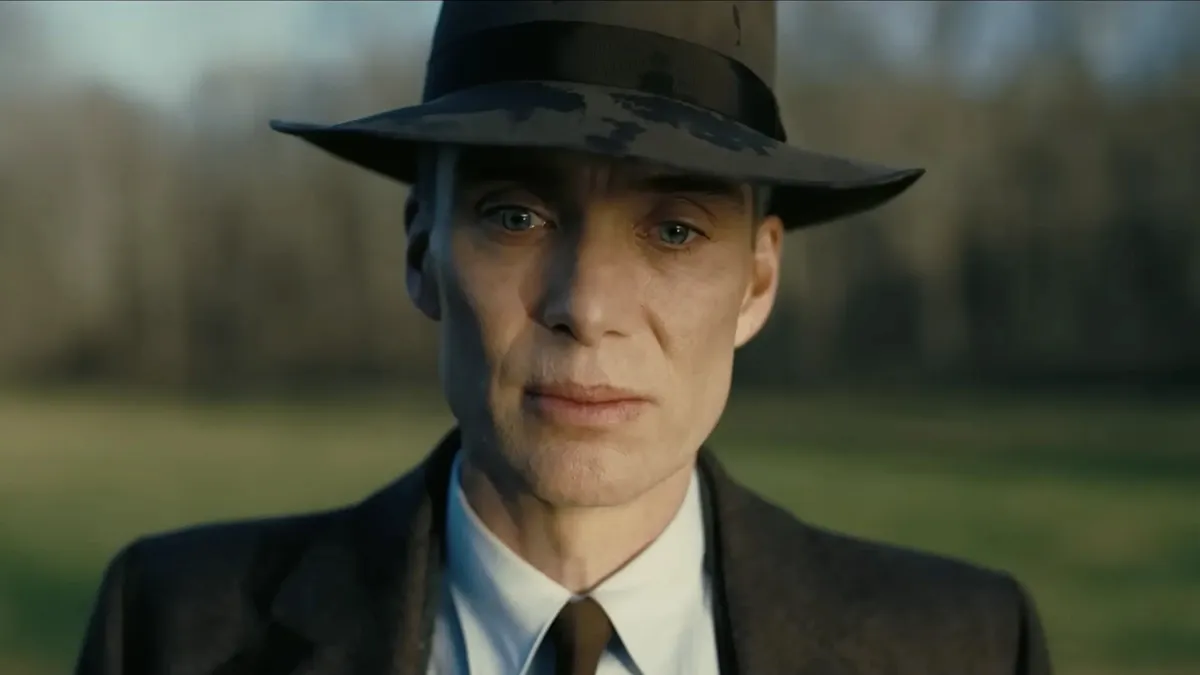You may have already noticed one key difference with the marketing blitz for Rogue One: A Star Wars Story. Spoilers: it has to do with how they’re totally putting Jyn Erso front-and-center in nearly all the marketing material, with the notable addition of toys and merchandise. Sure, she is the main character, and not having her present in any merch lineups would be awkward as heck, but then again, Black Widow was, too, and that didn’t exactly help her.
But I digress. According to this post from Advertising Age, it seems that big box retailers and toy manufacturers are slowly starting to get what people have been trying to tell them from the beginning: people want to see themselves reflected in the media and merchandise they consume and entertain themselves with. in short, representation matters. You and I and all of us know that, but these big companies, you know, are a bit slow on the uptake, I guess.
How slow? Up until last year, amongst the slew of big blockbuster movie releases and their requisite merchandise campaigns, some fans did not hesitate to call out Hasbro and other toy companies for their galling omission of female characters in their toy lineups. In most cases, the women were replaced by minor, sometimes even generic characters. Just take a look at the #WheresRey and the Black Widow campaigns that took off shortly before and after their respective movies released.
Back during Star Wars Celebration, you might remember that the very first toy ever revealed for the Rogue One movie was a Jyn Erso figure, handed to Felicity Jones as she sat on the Rogue One panel. It was a big moment, and something we certainly took note of when it happened, especially given how much we ring the representation bell ’round here.
While I’m glad to see things are (very slowly) getting better, I still can’t help but wonder if the consultants, analysts, and toy experts really get why equal representation is in such high demand. Take, for example, the quote in the above AdAge post from Chris Byrne, described as a “toy industry consultant and content director for TTPM (Toys, Tots, Pets & More)”:
Young boys will embrace the female hero in a way they wouldn’t have 30 or 40 years ago. Today’s boys will actually look at a female hero and say, ‘Yeah, she can be powerful.’ Their masculinity is not threatened.
This quote reflects the fact that these companies don’t seem to yet understand that women and girls buy toys too. The post itself, for that matter, doesn’t refer to or mention female consumers whatsoever—you know, the buyers and campaigners who raised public consciousness and awareness around this topic. Yeah, them.
One of the biggest problems cited when these representation discussions pop up has to do with this belief that boys aren’t interested in female characters, that boys “can’t relate” to them or that they’re just not for them at all. Like many things in this world, the decision is said to center on the experiences, expectations, and beliefs of men and boys, not women and girls.
As long as women and girls are erased from conversations like these, the question of whether these companies are “missing the point” will still exist. We’ll still get to enjoy some effect of the changes—woo, Rey, Jyn Erso, Black Widow toys and more—but the reason we’re getting them matters almost as much as getting them at all.
Want more stories like this? Become a subscriber and support the site!
—The Mary Sue has a strict comment policy that forbids, but is not limited to, personal insults toward anyone, hate speech, and trolling.—
Follow The Mary Sue on Twitter, Facebook, Tumblr, Pinterest, & Google+.









Published: Sep 19, 2016 01:04 pm